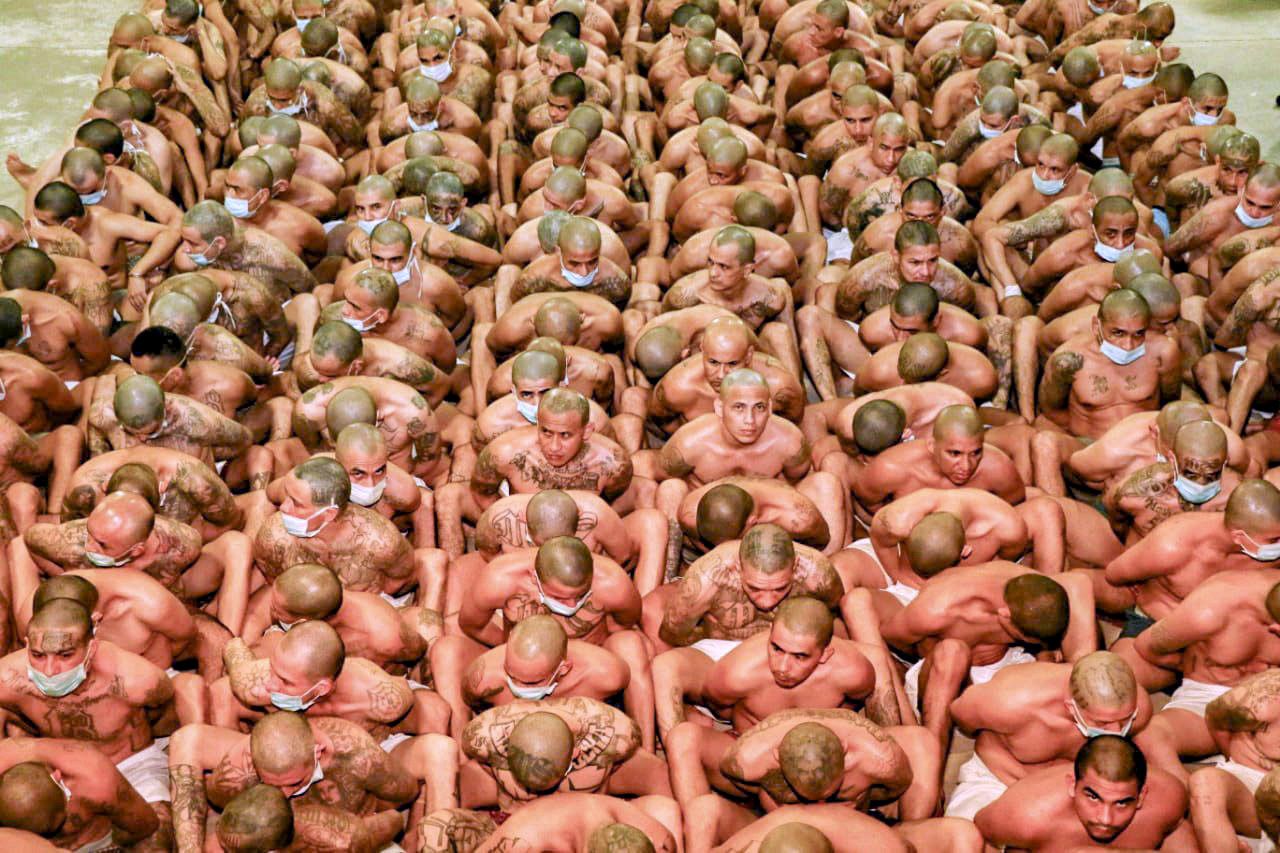Coronavirus Politics Daily: Salvadoran gang crackdown, Taiwan and the WHO, Russian (dis)information
El Salvador's crackdown on gangs: After days of violence that left at least 60 people dead across the country, El Salvador's president Nayib Bukele authorized a "lethal" crackdown on gang members. The president said that after months of relative quiet on the streets of the Central American country because of coronavirus quarantines, gangs are taking advantage of a distracted government to wreak havoc. Most of the recent attacks were directed by gang members already in custody, prompting authorities to round up hundreds of semi-naked inmates, packing them together on prison floors while guards ransacked their cells. Human rights groups say that even before this, the virus was spreading wildly in notoriously jam-packed jails throughout Latin America. El Salvador has long been a hotspot of gang violence and human rights abuses, with police committing hundreds of extrajudicial executions between 2014-2018 as part of a state-sponsored crackdown on street gangs. The combination of a surging coronavirus outbreak in El Salvador, and emboldened gangs who dominate much of the country's informal economy, is a recipe for disaster.
Taiwan pushes to join WHO: Taiwan used a call with US health officials Tuesday to ask for supportin its bid to become a member of the World Health Organization (WHO) – a move long black-balled by Beijing, which considers the island nation part of China. As the US is the single biggest donor to the WHO, Taipei is hoping Washington can use the power of the purse (which the US has already done by recently withholding fundsfor 60 days) to pressure the World Health Assembly, which decides who can join the organization. Taipei, for its part, is using its success at containing the coronavirus as leverage, telling allies that its exclusion from the organization has in fact undermined the global effort to end the pandemic. (To drive the point home, Taiwan recently released a memo showing that it had warned the WHO about human-to-human transmission of the disease back in December but received no response.) It's worth noting that while the US is Taipei's most reliable advocate on the world stage, Washington also wants to avoid an open rupture with China over the issue.
Is Russian information reliable? Russia, which this week surpassed China in new cases of coronavirus, currently has 93,588 reported cases of the disease, and 867 deaths. More than half of cases are in Moscow. A government like Russia's, which has strong sway over the media, poses a special problem during a pandemic. In the heat of a health crisis, reliable information is critical to help the public avoid infection and contain the threat. But that can be a challenge in countries where state control over mass media forces people to seek info from unsanctioned sources. Some Russian doctors have used social media to cast doubt on the official coronavirus data, by posting the names of more than 70 medics who died fighting the virus but whose deaths weren't recorded as COVID cases. In addition, an investigative website reported this week that more than a dozen nurses have walked out of the largest of Moscow's two dozen coronavirus-only hospitals to protest low wages and inadequate protective gear. Russian public health officials have denied both stories.
